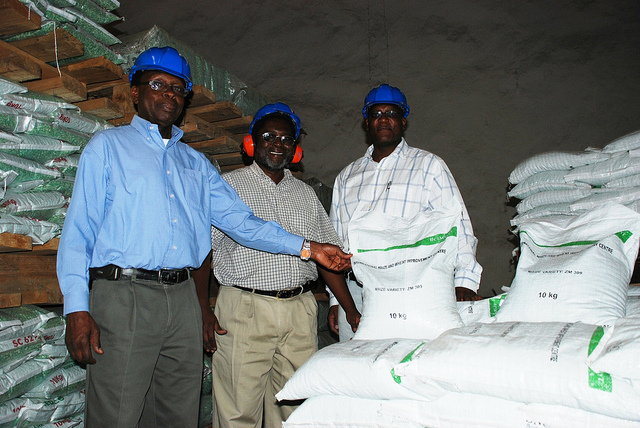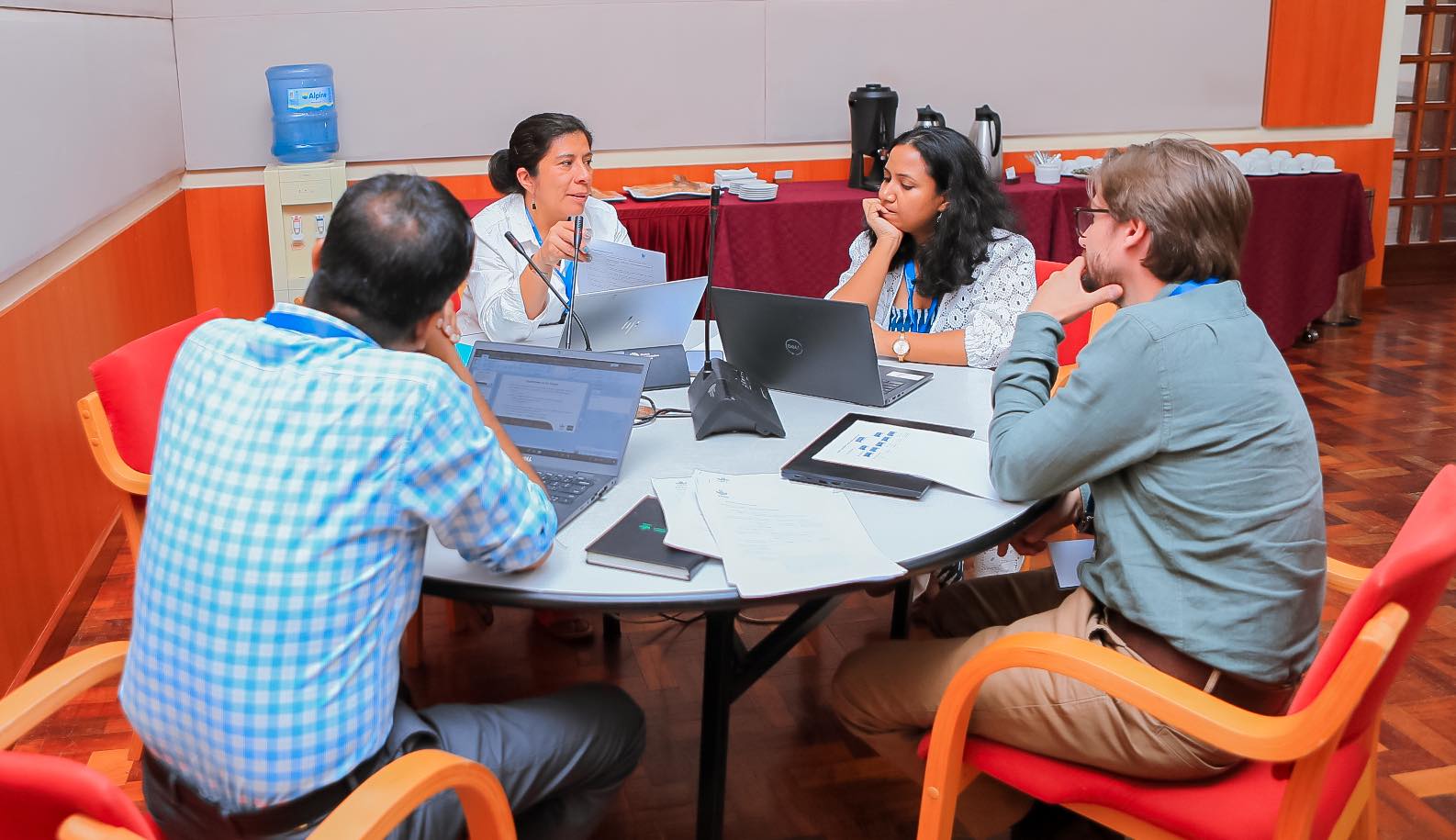Input subsidy programs—a mainstay of 1960s and 1970s international donor agendas—have regained favor in Africa south of the Sahara in recent years. Although 10 African countries spent more than $1 billion on these programs in 2011 alone, little information exists on the impacts the programs are having on households and communities.
In a synthesis article appearing in a special issue of Agricultural Economics, authors T.S. Jayne of the Department of Agricultural, Food, and Resource Economics at Michigan State University and Shahidur Rashid, Senior Research Fellow at IFPRI, review micro-level research on input subsidy programs since the mid-2000s.
They conclude that while the welfare effects of these subsidies are nebulous, the programs may be here to stay. Opponents of the programs say they do not effectively target and reach smallholders, have high operating costs, and are susceptible to corruption. But many politicians defend the programs because they are a highly visible means of showing support to constituents and they are a quick way to improve crop production—so politicians can reap the rewards of these policies while still in office, as opposed to investing in programs with longer-term benefits.
Given that these subsidies are not likely to be eliminated any time soon, Jayne and Rashid looked into designing “smarter” subsidies, assessing various factors such as who receive them, the impacts of the subsidies on country-wide fertilizer usage, the effects of fertilizer usage on crop production, and how subsidies affect food prices and poverty rates.
They found that governments can ensure that subsidy programs better achieve their aims, and become “smarter,” by:
- Targeting subsidies to households that would not otherwise buy fertilizer;
- Encouraging private-sector involvement;
- Reducing fertilizer prices by addressing issues in the supply chain;
- Supporting output markets;
- Promoting training and educational programs for farmers on fertilizer usage.







